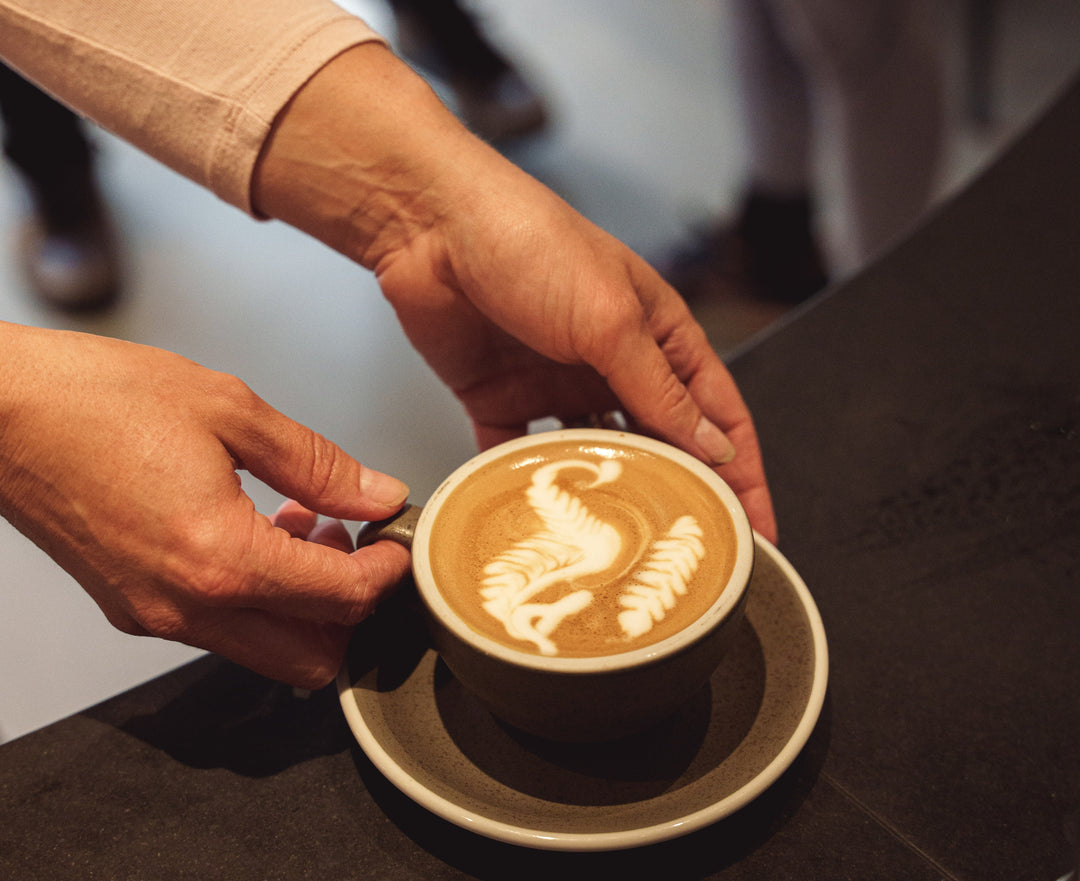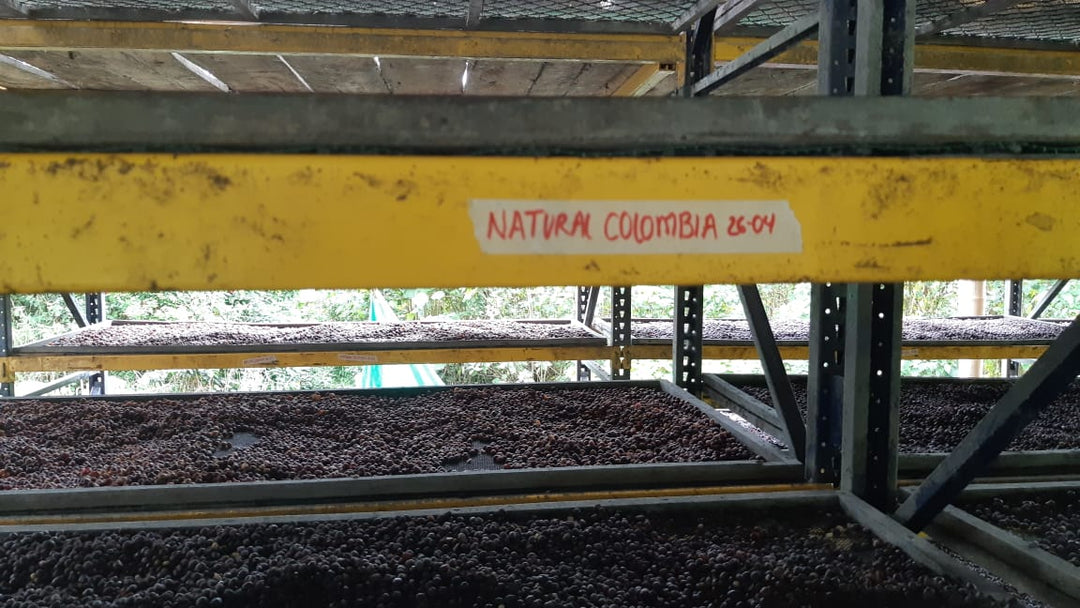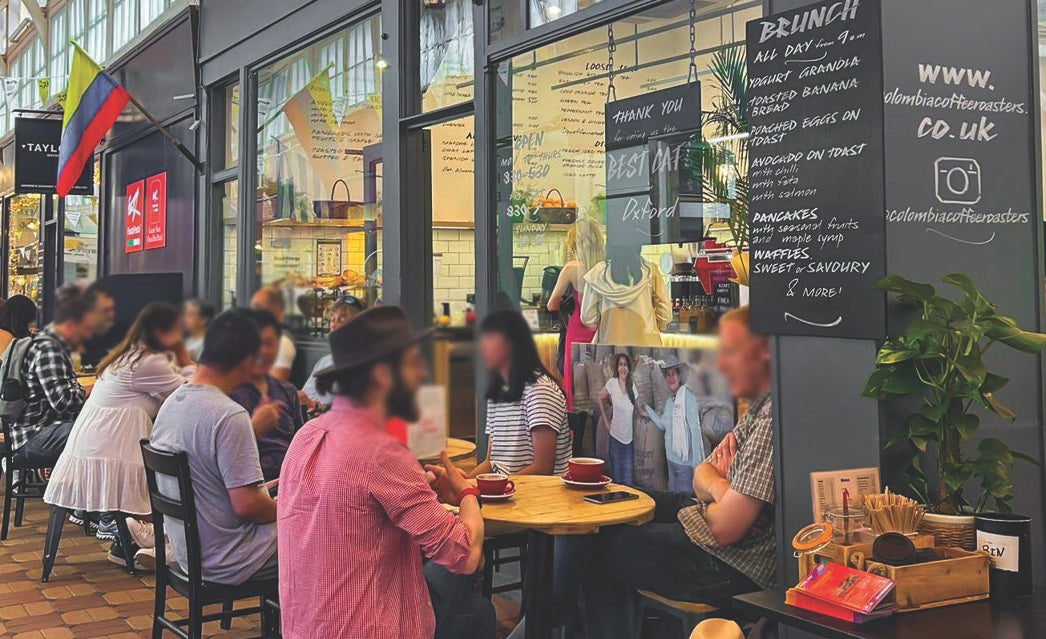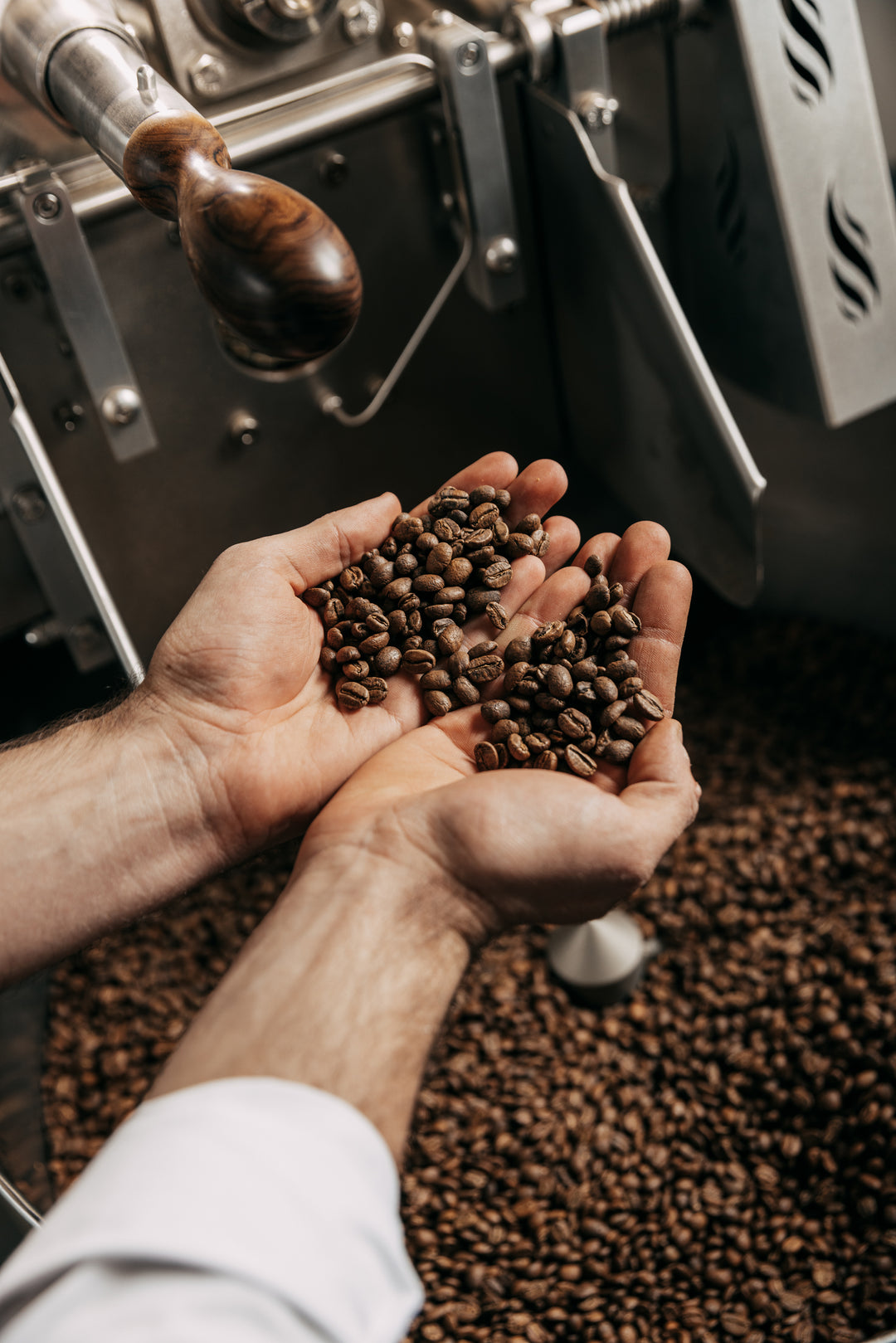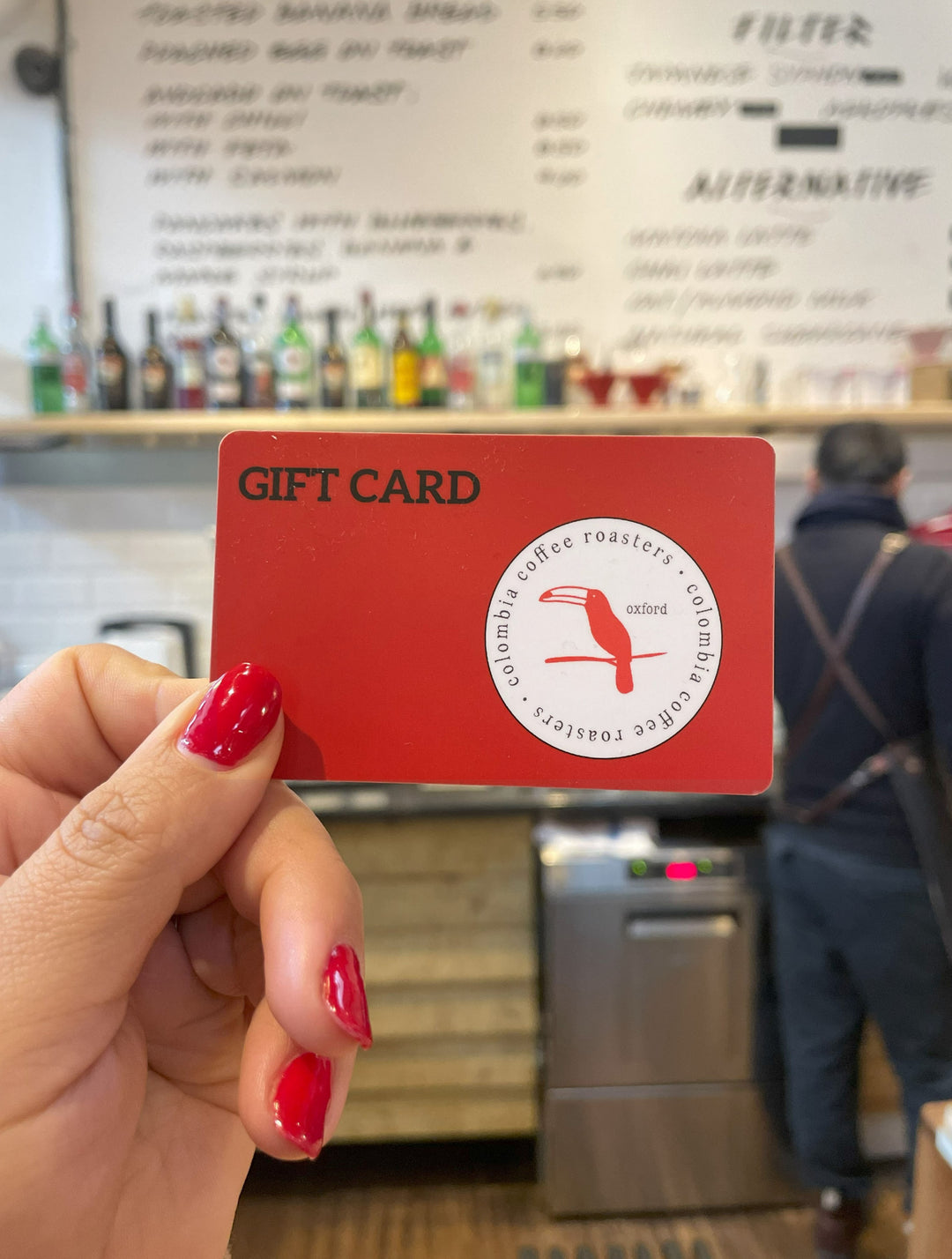How to Drink Coffee to Increase Focus Without Anxiety

The world’s most popular psychoactive substance is caffeine, and it is popular with good reason: it helps with concentration, elevates your mood and gets your body going. Yet, caffeine consumption can also lead to anxiety and sleep deprivation.
So how can you reap the benefits of caffeine consumption without being a jittery mess?
To approach this question it is best to turn to our preferred source of caffeine, which is coffee. Recent statistics have shown that Europe has the highest coffee consumption per capita in the world amounting to an estimate of 5 kg of coffee per inhabitant yearly. Countries such as Norway and Luxembourg are one of the world’s top 10 coffee consumers and also have the highest productivity per capita levels.
Could coffee consumption be the driving force behind productivity?
We can't say for certain. However, we can turn to science, to gain some insights about the observed effects that caffeine has on humans.
A recent study that was conducted at John Hopkins University studied [3] the effect of caffeine on memory retention (which plays a crucial role in productivity) using a double-blind trial. Non-regular coffee consuming participants where shown a series of images and five minutes later received a placebo or a 200mg caffeine tablet. The following day, the participants were shown a set of images, some of the images were the same as those from the previous day, while others were new and some were similar looking images to those observed on the previous day. The researchers observed that a significant amount of participants in the caffeine group were able to correctly identify and separate the similar looking images from the actual images that they had viewed the day before. “The brain's ability to recognize the difference between two similar but not identical items, called pattern separation, reflects a deeper level of memory retention,” the researchers said.
How Does Caffeine Work In Your Brain?
When you consume a cup of coffee -caffeine latches on to a neurotransmitter called adenosine in the brain. Adenosine regulates attention, sleep, and alertness. Think of adenosine as a sandglass that gives you a fixed time frame, once the final grain of sand has fallen, andesine decides that it is bedtime, therefore, affecting your ability to focus and stay awake. This is where caffeine comes in: caffeine latches on to adenosine receptors, therefore, blocking adenosine and thus keeping the cell running and giving you the desired cognitive boost.
Yet, what goes up must come down.
After you have drunk a cup of coffee your body's excretion mechanism slowly starts to flush out the caffeine [5]. In regular coffee drinkers, this excretion mechanism leads to feelings of lethargy and concentration loss which can be felt after a couple of hours or a day after your last intake of caffeine. Luckily, there is a way to stop these dreaded withdrawal symptoms in their tracks.
The Coffee Drinking Hack
The way to avoid these withdrawal symptoms all has something to do with the rate at which your body flushes the caffeine out of your system. Which depends on factors such as your height, weight, and habits ( for example -caffeine acts differently when nicotine is also present in the body). The key to making coffee work for you is to make use of something known as the caffeine half-life law- which is defined as the amount of time that the body needs to excrete half the amount of caffeine in your system.

As one can see from the diagram above, it takes the average adult about 6 hours to eliminate half the amount of caffeine. So the trick is to refill on a minimum of 80 mg of caffeine which is equivalent to a cup of coffee after around 48 hours -if you want to avoid anxiety and the negative effects of coffee. However, you can even have a double espresso or a Syphon filter if you prefer what matters is the half-life time frame.
Easy, right?
Well, not quiet.
The quality of the coffee beans used, brewing method and caffeine dosage all play a significant role to make this hack work effectively for you.
On a final note
To make it easier for you we have compiled a checklist of things to take note of if you want to achieve maximum concentration using caffeine (aka liquified concentration):
-
Always opt for single-origin coffee beans, as this will ensure that you know where your coffee comes from. At Colombia Coffee Roastery, all of our speciality single-origin coffee beans have the country of origin clearly printed on the packaging (also see the labels in our shop. Yet, if you are unsure ask us- we are always happy to inform you about the farm that the coffee beans originate from). Additionally, all of our coffee beans are roasted in our local roastery in Oxford.
- Ask your local barista about different brewing methods and their caffeine output. If you are uncertain about where to start, our baristas are always happy to unleash their inner speciality coffee nerd on you and will let you know which brewing method is best for your caffeine needs. If you wish to learn even more you can book one of our filter brewing classes and learn all about different brewing methods.
- If you are seeking to use coffee as a concentration tool without compromising your sleep, then follow the caffeine half-life rule which depends on factors such as weight and height (for average adults the caffeine half-life is at 6 hrs after the last consumption of caffeine)
- Find the best roasters in your local area that work with quality beans. Visit Colombia Coffee Roasters cafés in The Covered Market and Summertown!



